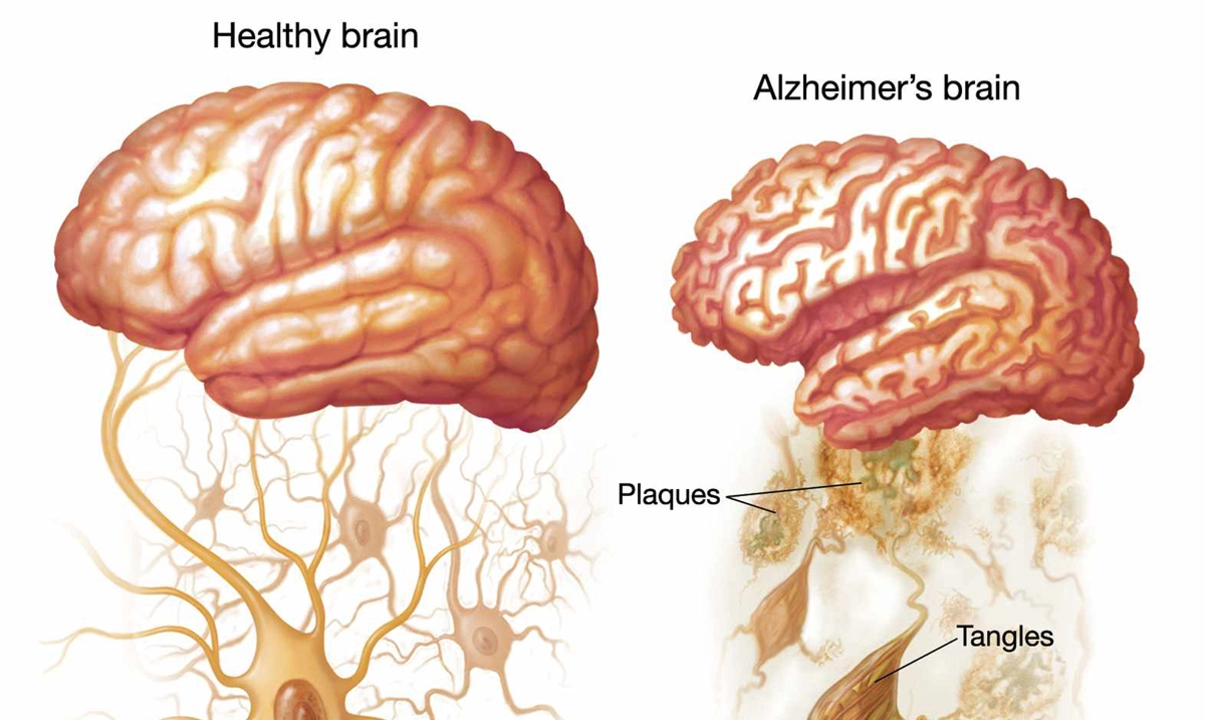Monitoring Ethambutol therapy is crucial for ensuring effective treatment of tuberculosis while minimizing potential side effects. Regular assessments can help detect and manage complications early, particularly those related to eye health. Staying informed about the medication and following up with healthcare providers can significantly improve treatment outcomes.
Eye health made simple: protect your vision every day
Eyes wear out slowly. Good habits slow that down. You don't need fancy tests or expensive fixes to keep your eyesight working well—just a few daily routines and a little attention to medicines and diet. Below are clear, practical steps you can start today and articles on this site that can help when meds or supplements matter.
Medicines and your eyes
Many common drugs can change how your eyes feel or see. If you’re taking prescriptions, check for eye-related side effects and talk to your doctor when something changes. On this site you’ll find useful reads about meds that matter to vision—articles like Lasix (a diuretic), Wellbutrin (an antidepressant), Rifampin (an antibiotic), Triamcinolone alternatives (steroids), and Phenergan. Those pages explain risks, what to watch for, and when to ask for a different option.
Watch for these red flags: sudden vision loss, new flashes or many floaters, severe eye pain, intense redness, or sudden double vision. Those need urgent care. If you notice gradual blurring, persistent dryness, or light sensitivity after starting a medicine, book an eye check and bring a full list of your drugs.
Daily habits and supplements that help
Simple everyday moves protect your eyes more than many expensive treatments. Follow the 20-20-20 rule when using screens: every 20 minutes, look at something 20 feet away for 20 seconds. Wear sunglasses that block UV when you’re outside. Use a hat in bright sun. Replace contact lenses as recommended and never sleep in soft contacts unless your doctor says it’s safe.
Food matters. Eat leafy greens (kale, spinach), orange veggies (sweet potato, carrot), and fatty fish for omega-3s. Supplements with lutein, zeaxanthin, zinc, and omega-3 can help people at risk for macular problems. If you prefer natural options, our Blackberry Supplements post looks at anthocyanins—antioxidants that support eye health.
Don’t overdo supplements. Pick trusted brands, follow doses on the label, and tell your eye doctor what you take. If you have diabetes, high blood pressure, or take chronic meds, your eye exam schedule should be more frequent—ask your provider for a plan that fits your health.
Final quick checklist: get a baseline eye exam, protect eyes from UV, use screen breaks, eat a colorful diet, check medicines for vision side effects, and see care fast for sudden changes. Our site has deeper reads tied to specific meds and supplements when you want details—search the related posts to learn more about any drug or product that concerns you.
In recent studies, I've discovered a fascinating connection between Alzheimer's Disease and vision loss. It appears that individuals with Alzheimer's often experience vision-related issues, such as difficulty recognizing faces and objects or perceiving depth. This could be due to the fact that Alzheimer's affects the brain's ability to process visual information, leading to impaired sight. As a result, it's important to closely monitor any changes in vision for those at risk of developing Alzheimer's. Early intervention and treatment may help slow the progression of both conditions, improving quality of life for those affected.


